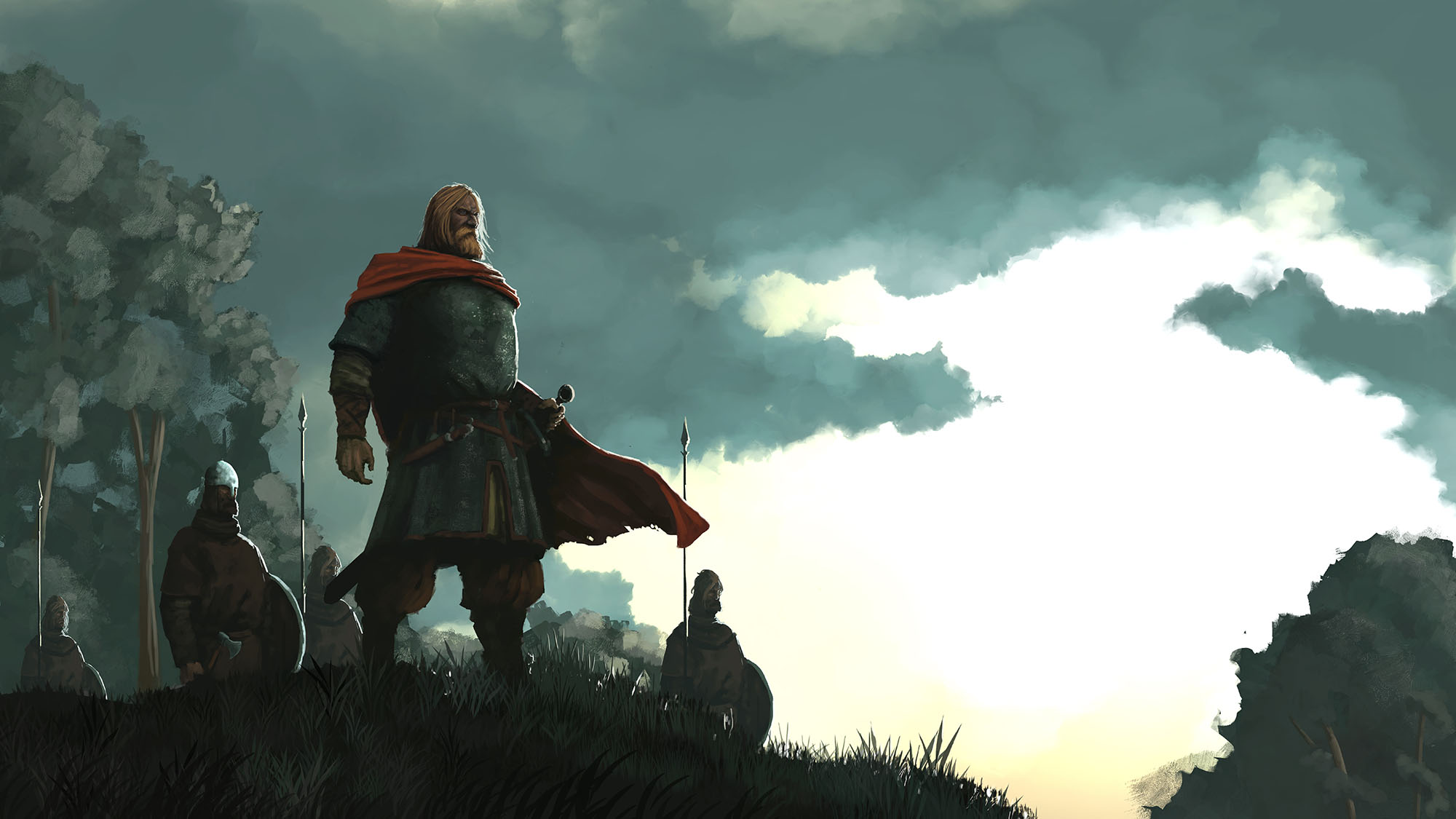(6) There needs to be a way for the PCs to know the villains are hiding out in the Temple of Olympus. (In the plot-based design, this is one of the failure points: They either question the survivor or they have no way of knowing where to go next. In situation-based design, you would use the Three Clue Rule and figure out two additional methods by which the PCs could reach this conclusion. This can be as simple as making a Gather Information check in Tharsis and/or questioning the captain/crew of the ship the villains took.)
Note the commentary in number six. The problem is not that that GM has decided the PCs have to go to the central sanctuary of the temple. It’s that the techniques used to accomplish that goal are vulnerable to failure (unless the GM acts overtly to ensure the required event happens). If the PCs don’t question the survivor, they have no way of knowing where to go next. Justin suggests using the three clue rule to remove this failure point by providing redundancy.
yes, the three clues provide redundancy so the players can learn about events / facts in the world the GM wants them to know about somewhat reliably. What they then do with that information is still up to the players however
I guess I am not seeing the difference between this and what you do that you consider this plot, but not yours. You gave the players several clues to the bandit hideout, JA is placing several clues to much the same thing. Is the difference only that yours originated from random events while his are placed? That still makes either clues to ‘follow’ a ‘plot’.
What I am referring to “plot” is predetermined events that have to happen.
sounds fine, but that is not what JA is describing. The events in ‘don’t prep plots’ only happen if the characters do
not get involved. The guys board the ship, run into some other vessel two days later and so on, if the players do nothing. If they do, they can potentially intercept them before they meet the other ship, or affect the events in some other way, instead of them just playing out
If no one opposes a front you create, what happens? They accomplish their goal, don’t they? This is no different to me
Random events or in response to actions the PCs undertake. If the PCs undertook some action (such as consorting with contacts, performing research, etc) with the goal of finding out where the bandits are, and they rolled a success, I would be obligated to tell them where the bandits are (in a way that respects both the state of the world and follows from how the information was required).
doesn’t that just change the way the clues are obtained?
For Justin, the difference matters. He views having the clues be placed, discovering them, and interpreting them as necessary to play a mystery scenario.
well, in case of a mystery I guess I agree. A mystery is something with one solution the players either uncover, or they do not. At least to me the solution does not change based on the character’s actions, that only determines their success in uncovering it
Clues can be used for all kinds of things however, not just to solve a mystery. Maybe we are too hung up on the word ‘clue’



